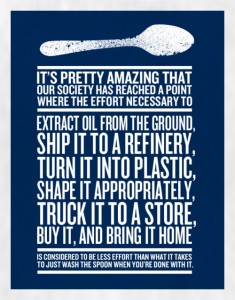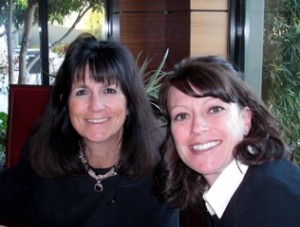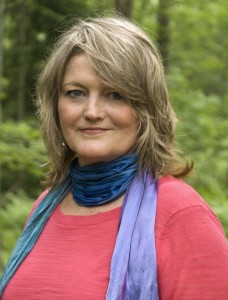Podcast: Play in new window | Download
Subscribe: RSS
OK, we know that American women buy 85% of the products on the planet, and we know we’re the keepers of the home and hearth, so why in the world are we buying so many products laden with toxic chemicals? Why are we voluntarily bringing them into our homes? This is a big disconnect for me. So I asked my guest, Margaret McAllister, an advertising creative director with a specialty in marketing green to women, this question.
“The most important thing we, as marketers, can do is to educate women about what they’re buying, why they’re buying it, and to relate those products to her specific life,” she said in this podcast. “If you really want to bring the message home to women, show them something that she specifically cares about. And there’s probably nothing more precious to her than her children.” I would agree. This self-professed cultural anthropologist shares with me more down-to-earth insights like this in this interview. If this topic intrigues you as much as it does me, listen in and, most importantly, join in the conversation. Love to get your take on this.
Continue reading... →







